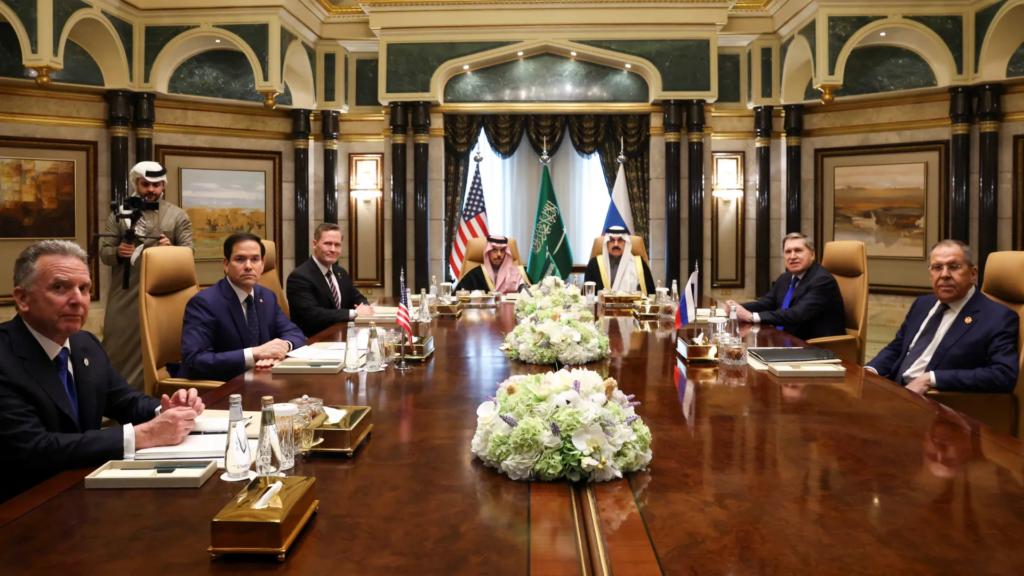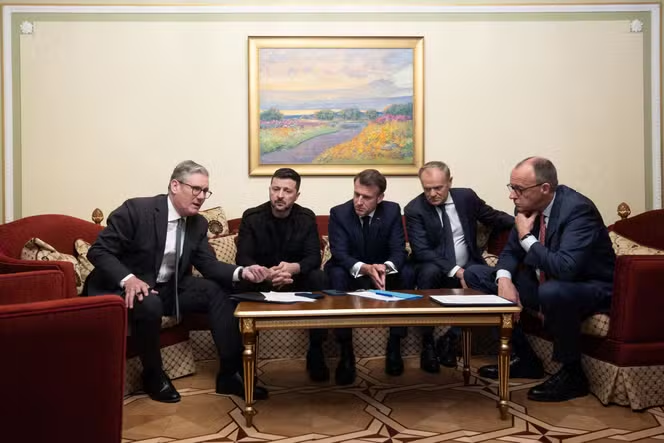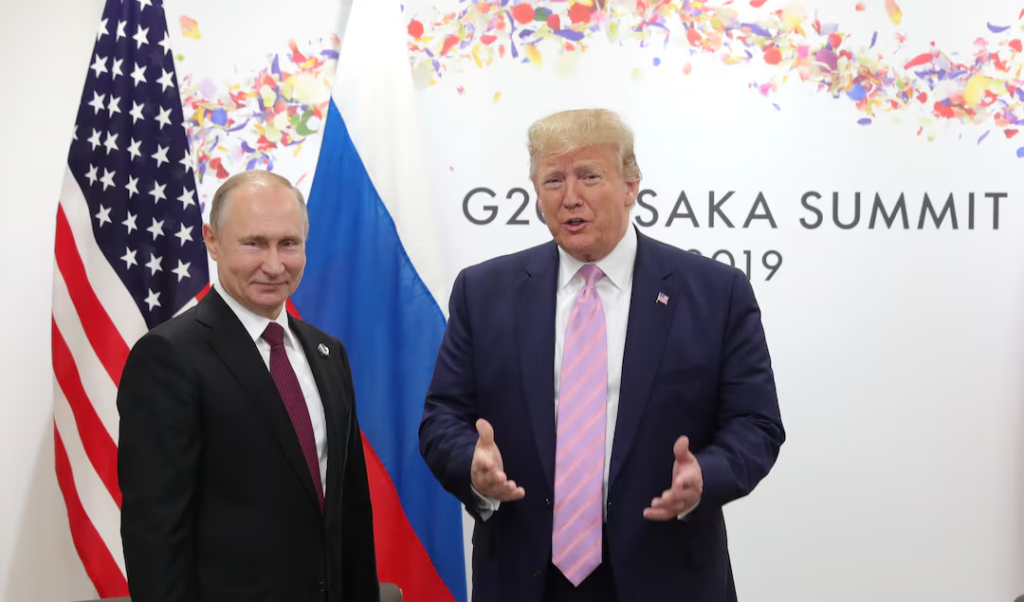Introduction
Former U.S. President Donald Trump has reignited global debate by suggesting he could mediate peace talks between Russia and Ukraine. The proposal—controversial yet headline-grabbing—sparked a flurry of diplomatic activity from Washington to Brussels and Moscow. As tensions remain high in Eastern Europe, Trump’s offer has generated immediate and strategic reactions from key international players.
In this article, we examine the top 5 diplomatic responses following Trump’s announcement and assess what this could mean for the ongoing Russia-Ukraine conflict.



1. Washington’s Measured Distance
The Biden administration was quick to respond—but not with enthusiasm. White House officials reiterated their commitment to supporting Ukraine’s sovereignty and emphasized that any peace proposal must be led by Kyiv. While careful not to dismiss Trump outright, the administration made it clear that informal diplomacy from private citizens holds no official weight.
2. Ukraine Reaffirms Its Terms
President Volodymyr Zelensky’s government responded swiftly. A senior Ukrainian diplomat stated that any negotiations must begin with Russia withdrawing troops from occupied territory. Trump’s offer was described as “premature” and not aligned with the realities on the ground.
Ukraine’s leadership remains wary of externally imposed peace deals, especially those that could compromise national sovereignty or territorial integrity.
3. Russia Seizes the Narrative
The Kremlin welcomed Trump’s statement as a sign of shifting U.S. sentiment. Russian state media amplified the proposal, framing it as evidence that even American leaders see the war as unwinnable for Ukraine. However, official responses from Moscow were vague, likely to maintain flexibility as the geopolitical landscape evolves.
4. European Allies Rally Behind Ukraine
European Union leaders reacted with caution. Germany and France reiterated support for Kyiv and stressed the importance of a “just and lasting peace” based on Ukraine’s terms. NATO Secretary General Jens Stoltenberg also reaffirmed the alliance’s military and financial aid commitments.
This consensus aims to prevent any fractures in Western support that could be exploited by Russia.
5. China Keeps an Eye on the West
While not directly commenting on Trump’s remarks, Chinese officials have continued their neutral positioning. Analysts believe Beijing is watching closely, gauging Western unity and looking for diplomatic openings that could bolster its own image as a potential peace broker.
China’s role in previous limited Russia-Ukraine talks places it as a wildcard in any future peace architecture.
Conclusion
Trump’s offer to mediate in the Russia-Ukraine war has stirred diplomatic waters but is unlikely to materialize into formal negotiations anytime soon. However, it underscores a growing international desire for de-escalation—even if driven by divergent agendas. As the war drags on, global actors will continue maneuvering for influence in what remains the most geopolitically consequential conflict of the decade.
For more insights on Ukraine’s position, read our article on Zelensky’s Stance on Peace Talks.